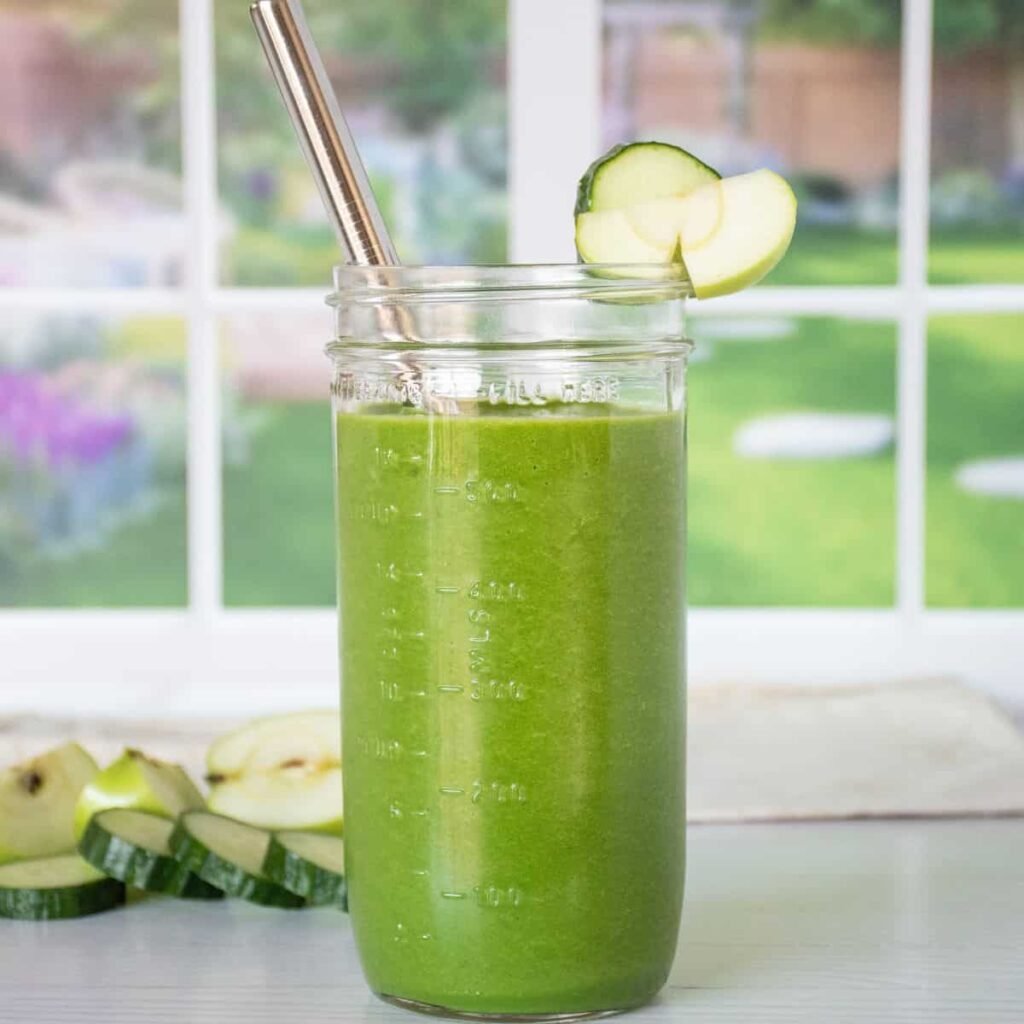Nutrition
Benefits of Chocolate

Chocolate
-Helps your heart to stay healthy
Lots of studies reveal that the flavonoids in chocolate can help your veins and arteries to stay supple. Studies on over 114,000 participants served with dark chocolate a week showed that their risk of getting a heart attack was reduced by about 37 percent while the chances of getting a stroke were 29 percent less when they had a higher consumption of chocolate.
-Helps to improve memory in old age
Research has shown that when elderly people were given specially prepared cocoa extracts which was high in flavanols, their cognitive function greatly improved. The only problem is that when it comes to eating chocolate, the percentage of those cocoa flavanols is much reduced due to the processing and the addition of eggs, sugar and milk.
– It can help to avoid sunburn
One study conducted in London found that women who were given chocolate with a high flavanol content were able to withstand double the amount of UV light on their skins without burning, compared to those on lower doses.
-It may help lower cholesterol levels
The Journal of Nutrition carries an interesting article about the results of a study done to determine whether dark chocolate could have any effect on the LDL cholesterol levels. They found that when subjects were given bars of dark chocolate with plant sterols and flavanols, they were getting lower scores on their cholesterol levels.
-It may help people with Alzheimer’s disease
As we know, the nerve pathways to the brain get damaged when Alzheimer’s disease strikes, causing severe loss in certain mental functions. It is fascinating to read about how one extract from cocoa, called lavado, can actually reduce the damage done to these vital pathways.
-Very nutritious
Did you know that with a high cocoa content (75 percent to 85 percent) you are getting a very nutritious snack? Take the typical 100 gram chocolate bar. It has almost all of your RDA for copper and manganese. It contains over half your magnesium RDA and about two thirds (67 percent) of your RDA for iron. It also has about 10 percent of fibre. There is also lots of zinc, selenium and potassium too.
– Helps to lower blood pressure
You may not know it but having the right amount of NO (Nitric Oxide) in your body can help your arteries to relax. That will, in turn help to take some of the pressure off them and the result is a lower BP count. Just another benefit of the dark chocolate flavanols which help to produce this vital Nitric Oxide.
Source: thebftonline.com
Nutrition
Palm nut soup

Palm nut soup is a Ghanaian dish that can be served with so many foods. It has a rich base of palm nuts combined with tomatoes and various vegetables that makes it very nutritious.
Preparation
Ingredients
– 1 kilogramme of palm nut
– Half kilogramme of beef
-One kilogramme of goat meat
-Three large salmon
-One full tuna
– A handful of turkey berries
-Two large onions
-4 large tomatoes
-3 large garden eggs
– One tin of mackerel
-Ten large peppers
– One large ginger
-2 cloves of garlic
– Four fingers of okro
– Salt to taste
Instructions
-Wash, cook palm nut, turkey berries, and pepper and add salt to it.
-Grind palm nut, turkey berries and pepper with mortar and pestle or mini food processor.
-Wash goat meat, beef, Tuna, salt and put on fire.
– Blend onion, garlic, ginger and tomatoes and pour on the goat meat.
– Add smoked tuna and salmon and okro to the soup.
-Use a spoon or ladle to skim off the surface oil.
-Garnish the soup with the okro or garden eggs as desired.
-Serve with fufu, banku or Omo tuo.
Nutrition
Cucumber and apple smoothie

Ingredients
-Two medium sized cucumber
-Three apples
-Four tablespoonful of honey
-Crushed ice
-Two cups of yoghurt
-One tablespoonful of blended ginger
– One tablespoonful of celery and mint
Preparation

-Wash and slice cucumber, apple into smaller sizes
-Blend until it is smooth
-Add honey and a little water to it
-Add crushed ice and yoghurt
-Blend it till you achieve your desired texture
– Then serve







